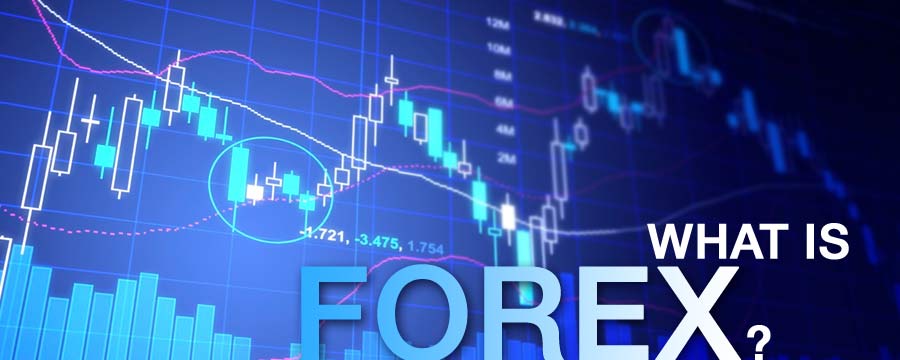Forex Trading for Beginners: How to Get Started
November 23, 2016

Forex trading, despite what advertising messages may suggest, is a very risky activity. Certainly, there are plenty of opportunities to make money, but it is necessary to approach it very cautiously, with a solid background of theoretical and practical knowledge. Difficulties emerge right from the start of one's journey. In fact, the "beginner" phase is the most challenging and dangerous. Below are some tips and advice that aspiring traders should adopt to embark on a rewarding career.
The Study
The efforts of beginners, even before investing their capital, should be focused on a specific activity: studying. Of course, studying is not as fascinating as investing, but it is an activity that cannot be avoided. What should be studied in particular? Theoretical notions include the functioning of markets, the dynamics that regulate prices, and the characteristics of each asset. The study should be conducted with a historical approach, which therefore also embraces the past and compares it with what is happening in the present. The beginner must know how platforms work but also practice technical analysis and fundamental analysis. The latter aspect plays a decisive role, as it allows the trader to invest with knowledge, having a solid base of data, detailed information, etc.
Studying theory probably represents the most difficult phase since, as is well known, there are no official universities or schools for trading. It is, therefore, a self-taught path. Of course, there is no shortage of sources: books, ebooks, webinars, video courses, etc. In some cases, brokers themselves offer educational content and thus provide a more or less complete training path.
Practice represents another significant obstacle. The problem is as follows: to practice, it is necessary to invest in the real market, but this exposes one to significant risks. The danger is losing one's capital as a beginner. To overcome this problem, some brokers (now the majority) provide demo accounts. These special accounts allow you to trade in the real market but with fake money. In this way, the beginner can practice without running any risk, can gain experience without breaking bones. The only reservation is given by one fact: demos do not teach anything about how to manage pressure, how to control emotions, which also deeply affect trades.
The Brokers
Important for a good start is the choice of broker. Beginners would be inclined to choose the broker based on how it presents itself. This is a mistake. Very often, behind a glossy and practically perfect facade, lies a terrible broker. The same goes for some "exaggerated" promotions, which mainly serve to hide the dust under the carpet. To choose a broker well, it is necessary first to understand if the company we are facing is honest or not. To understand this, it is sufficient to verify the possession of the license. Generally, the license details are included on the home page. The next step, after reviewing the latter, is to consult the official website of the regulatory body and proceed with a counter-check.
Once the broker's honesty has been ascertained, it is good to analyze other elements, which allow us to understand if the broker meets our expectations. The economic issue is only one of the aspects to consider. Of course, it is good that the broker does not exaggerate with the PIPs, but the offer in terms of assets, the quality of assistance, the speed of the platform, and so on must be analyzed. The broker analysis can take a long time, but one thing should be remembered: it is the only contact the trader has with the real world and therefore it is very important.
The Strategy
Once the training path is completed (in truth, one never stops learning), it is necessary to make some strategic choices. These concern capital management, known as money management, and the market to invest in.
Capital management is intertwined with the theme of risk management. The issue is very complex as it is linked with everyone's economic availability and approach, which can be prudent, courageous, etc. The main advice is to set a line before investing and follow it faithfully. Beginners should take a prudent approach, at least initially, raising the stakes once they feel more confident.
When it comes to Forex, rather than the market, one chooses the pair or pairs to trade. The good old euro-dollar is still the most frequent choice, both for a matter of readability and liquidity. The possibilities are, however, numerous, and each opens up different scenarios. The advice, in this case, is to position oneself on an exchange only after an intense study activity. Trading an exchange means investing while managing, at least in theory, to predict the quotes or reactions that will occur following an event.




